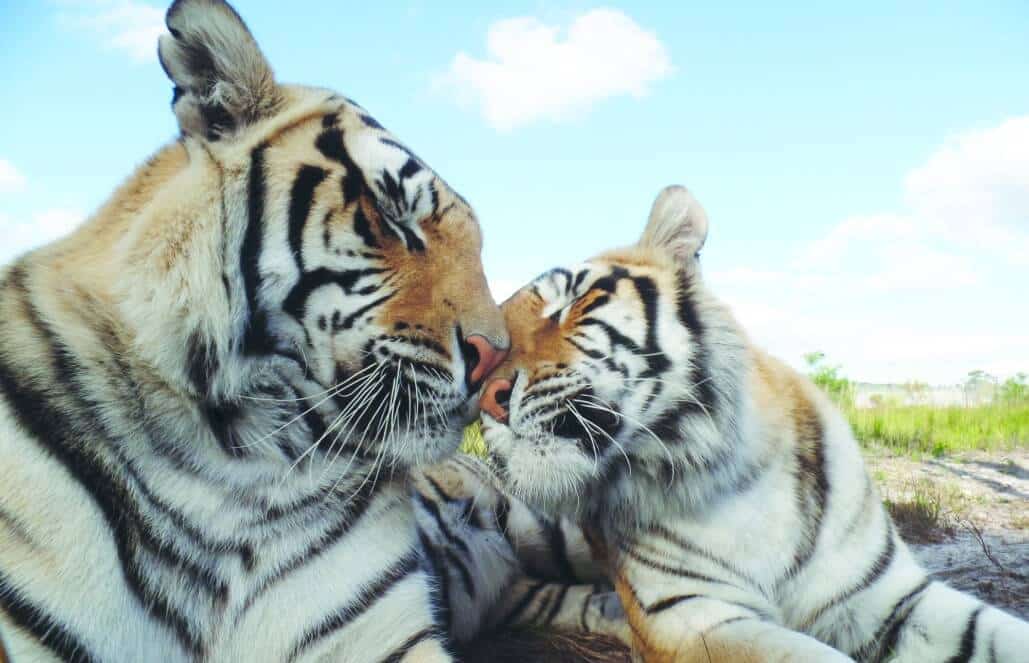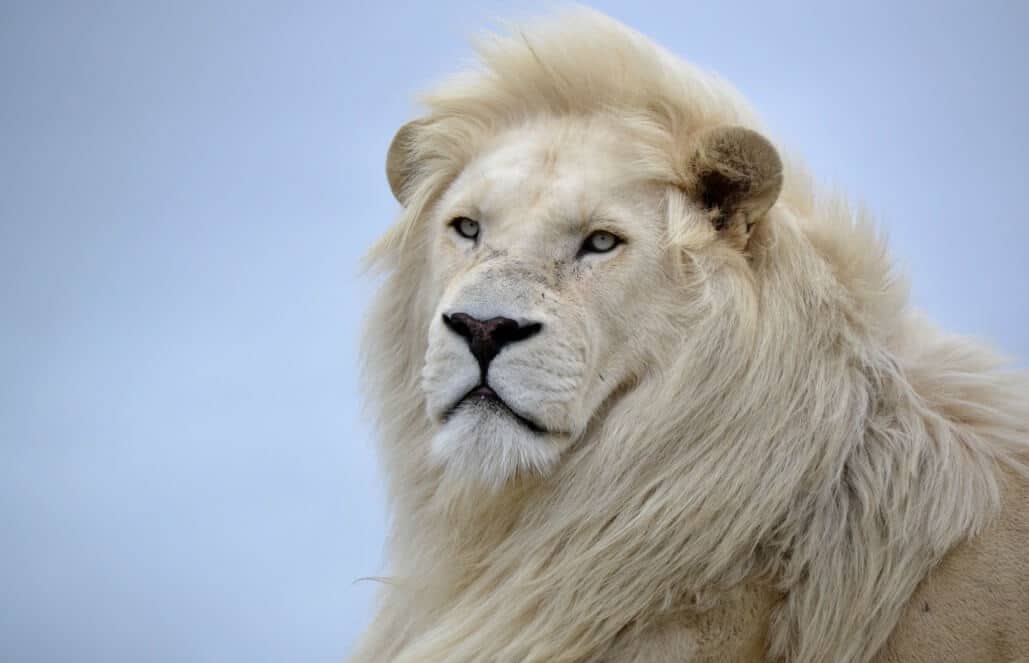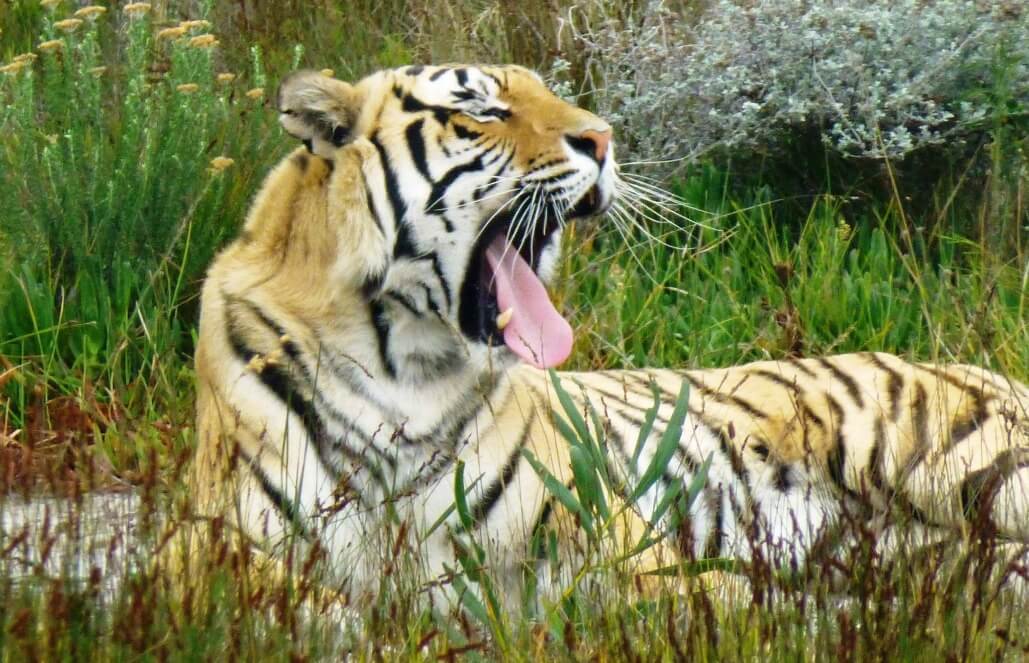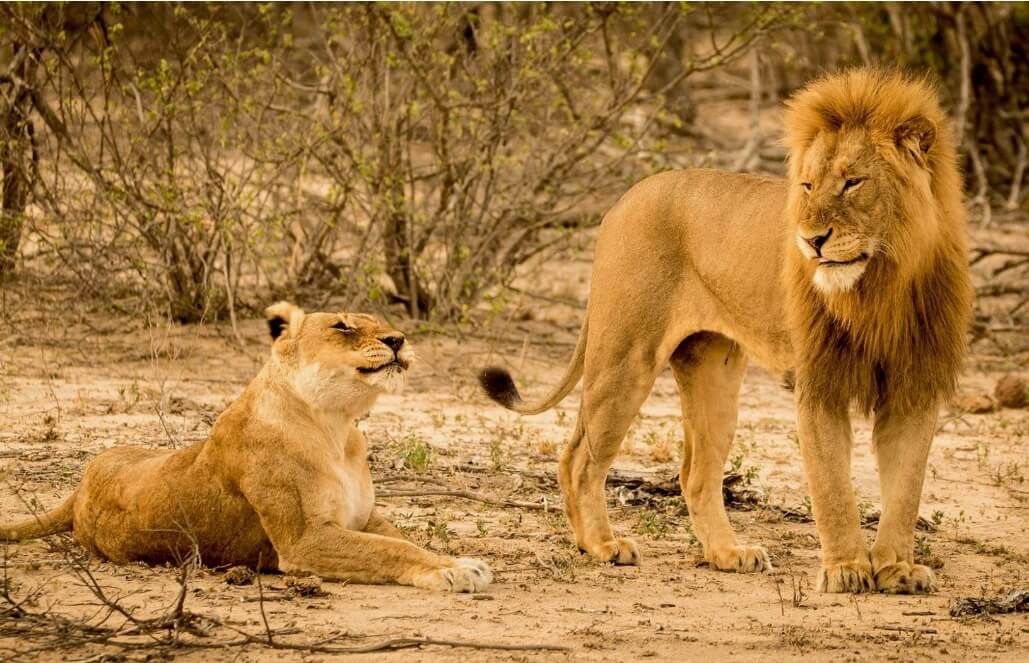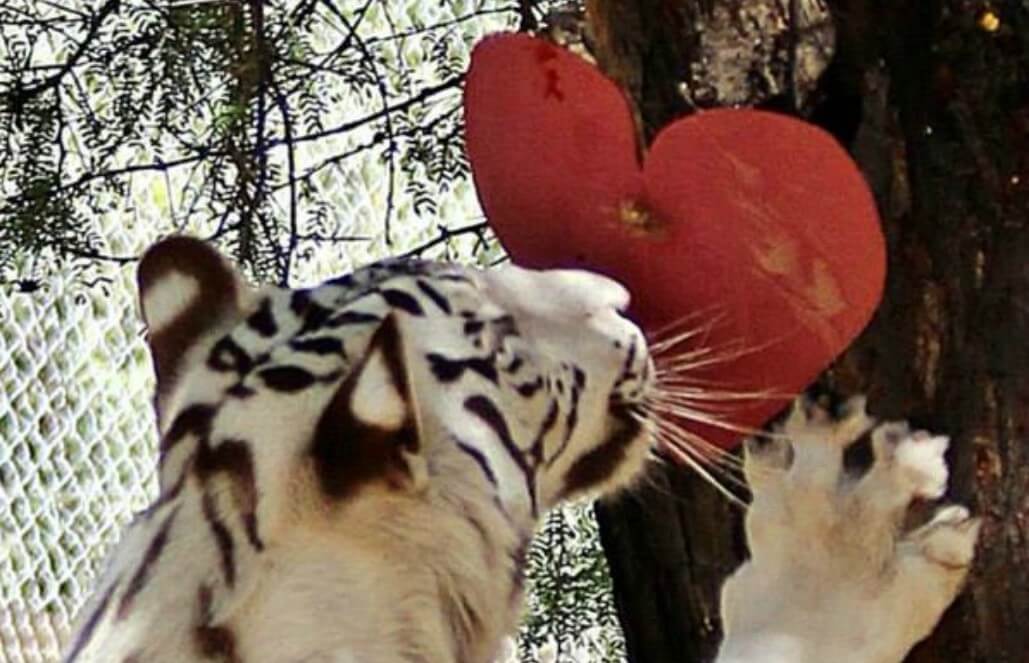Sitting right at the top of the food chain and known for their majesty, power and of course grace, there is no point in arguing that both lions and tigers have earned their regal status around the globe. These big cats are among the most recognized, admired and at the same time feared animals on our planet. Being able to volunteer abroad with both lions and tigers will no doubt be one of the most memorable experiences of your life.
What is the Threat?
At this point, we are sure you must be wondering why two of the most powerful animals on earth even need your help. The truth, unfortunately, is a very sad reality and for the most part can be blamed on humans. Man has often been in conflict with nature and this is no exception. On top of habitat degradation and the loss of prey, both lions and tigers – and other big cats for that matter – are hunted for their fur, bones and other body parts. In some cases these iconic predators have also been held in captivity, being forced to live under devastating conditions for the entertainment of people. Additional threats include their conflict with local communities who view lions and tigers as a direct danger, while they roam out of protected areas because of lack of space in the wild.
The statistics show a scary reality with both lions and tigers on the endangered species list. Over the past 40 years, the African lion population has decreased a staggering 80-90%. That essentially means there are only approximately 32,000 lions left in the wild.
We were elated to discover that after a century of consistent decline, the number of tigers is actually now on the rise. In 2010 there were only an estimated 3,200 tigers in the wild compared to more recent statistics that suggest the number now stands at 5,574. Regardless of this wonderful news, we cannot become complacent in our conservation efforts as losing lions or tigers – or any other big cat for that matter – would have a devastating effect on our ecosystem and planet at large.
How to Volunteer Abroad with Lions and Tigers
At the top of the list of ways to help get involved with conservation efforts to preserve these magnificent species would be to volunteer. Give your time and knowledge, and gain invaluable experience while also giving back and really making a difference.
GoEco offers a variety of different volunteer abroad with lions and tigers in Africa and especially, in South Africa. These programs range from hands-on conservation to more broad-scope research and key education efforts.
You can actively participate in research and monitoring of these intriguing predators. This volunteer work helps conservation experts to better understand the species’ behaviours and how to ensure their future on our Big Cat Research and Conservation project in the Kruger National Park. You can even take your understanding and experience one step further on a four-week educational and research training project with big cats in on the Garden Route in South Africa.
The locations of our volunteer projects in South Africa may vary – with many taking place in the big, natural reserves – giving your experience a truly authentic African feel. On the other side of the coin – key conservation efforts – working closely with rescued animals in sanctuaries require vital aid. At the African Wildlife Ranch and Big Cat Refuge program for example you will be afforded the opportunity to work closely with endangered species – like tigers and cheetahs – preparing their food, cleaning their enclosures and of course depending on the situation when you are there – perhaps even helping to feed the animals.
In addition, most of our wildlife conservation projects in Africa will allow volunteers to make a valuable contribution to the conservation of lions and tigers – just being there and lending a helping hand can go an exceptionally long way. Be it cleaning enclosure, preparing food or helping to educate local communities you are making a difference safeguarding the future of these animals.


